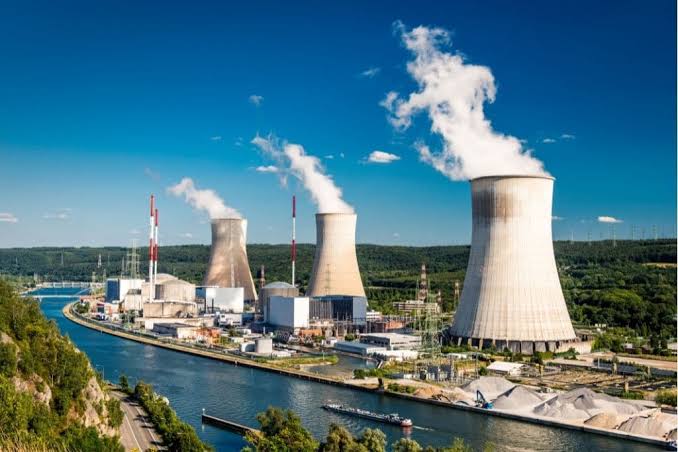
Njoki Kangethe
When you hear nuclear, what comes to mind? Clean energy? Danger? National pride? Or maybe just… silence? Because too often, that’s what communities get: no answers, no consultations, just decisions made behind closed doors.
Right now, from Egypt to Kenya, Uganda to Ghana, nuclear energy is being pitched as the future of African development, but behind the glossy promises and international handshakes, there are too many unanswered questions, and too many red flags.
Let’s talk about them.
The Promise of Power, But for Whom?
Nuclear is sold to us as clean, modern, and the solution to our ‘power deficits.’ Sure, on paper, nuclear energy is low-carbon and reliable. It can help us meet industrial needs, power our hospitals and cities, and move away from fossil fuels.
However, while government officials sign billion-dollar contracts and attend global forums, everyday people, the ones who live near proposed reactor sites or uranium mines, are left in the dark.
In El Dabaa, Egypt, locals say they weren’t properly informed about the risks of the country’s first nuclear plant (Al Jazeera, 2022). In Namibia, workers at the Rössing uranium mine, have suffered from mysterious illnesses including various cancers and lung diseases, which they attribute to occupational exposure to radiation and dust. Yet, they face challenges in accessing healthcare and receiving transparent information about their health conditions and exposure risks (Earthlife Namibia, 2020).
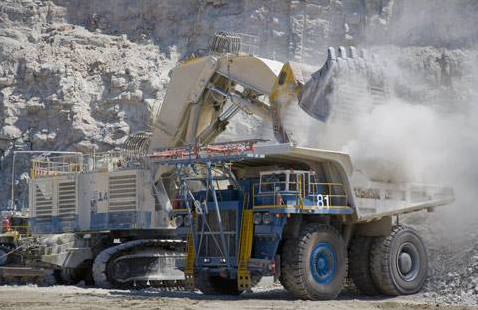
In Uganda’s Buyende District, where a nuclear plant is being planned, communities living near the Nile have no idea what’s coming, or how it might affect their land, fishing livelihoods, or water (Uganda Radio Network, 2023).
Let’s be clear: energy projects that exclude the very people they impact aren’t just unfair. They’re dangerous.
Red Flag 1: Silence and Secrecy
Nuclear development often comes cloaked in national pride and high-level jargon: ‘strategic partnerships,’ ‘energy independence,’ ‘long-term capacity.’ But when you strip that away, what’s left is often silence.
When South Africa’s government tried to secretly sign a nuclear deal with Russia back in 2014, it sparked public outrage. Civil society groups sued, and won, not because they opposed nuclear, but because the deal violated transparency laws and democratic process (Earthlife Africa v Minister of Energy, 2017).
It was a wake-up call. And yet, similar patterns continue across the continent: governments pushing massive, high-risk energy deals without properly involving their citizens.
It’s not enough to say “We need power.”
We have to ask: who gets to decide how we generate it, and who pays the price?
Red Flag 2: Foreign Dependence Masquerading as Sovereignty
A lot of these nuclear projects are being designed, financed, and even operated by foreign governments and corporations.
• Egypt’s El Dabaa plant is being built by Russia’s Rosatom, with a $25 billion loan (World Nuclear News, 2022).
• Uganda’s nuclear ambitions are tied to partnerships with both Russia and China (Daily Monitor, 2023).
• Kenya has hosted feasibility studies funded by South Korea and signed agreements with China and Rosatom (NuPEA, 2022).
What does that mean for African sovereignty?
If we’re importing expertise, parts, waste management systems, and taking on decades of debt, are we really owning our energy future?
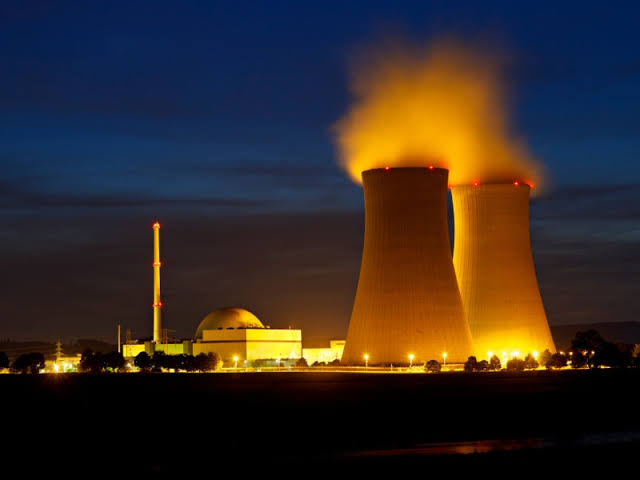
Red Flag 3: Communities Kept in the Dark
This might be the most alarming part. Communities living near nuclear projects; uranium mining sites, proposed reactors, or nuclear waste transport routes, often have no clue what’s coming.
In Namibia, some miners say they were never told the dust they were breathing might contain radioactive particles (Human Rights Watch, 2011). In Uganda, elders in Buyende say they only heard about the proposed plant through rumours- no public hearings, no impact reports, no resettlement plans (Uganda Radio Network, 2023).
That’s not development. That’s dispossession.
People Deserve Better. Here’s What That Looks Like.
Sustainable development means nothing without public participation.
If we’re going to build massive infrastructure that reshapes lives, ecosystems, and futures, then communities deserve:
• Information: not filtered press statements, but honest, accessible data about environmental risks, water safety, radiation, and waste storage.
• Informed consent: not checkbox consultations, but actual conversations. Let people ask questions. Let them say no.
• Accountability: including long-term health monitoring, emergency preparedness, and independent oversight.
• Equity: if a village sacrifices their land for a national power plant, the least they deserve is electricity and healthcare, not displacement and broken promises.
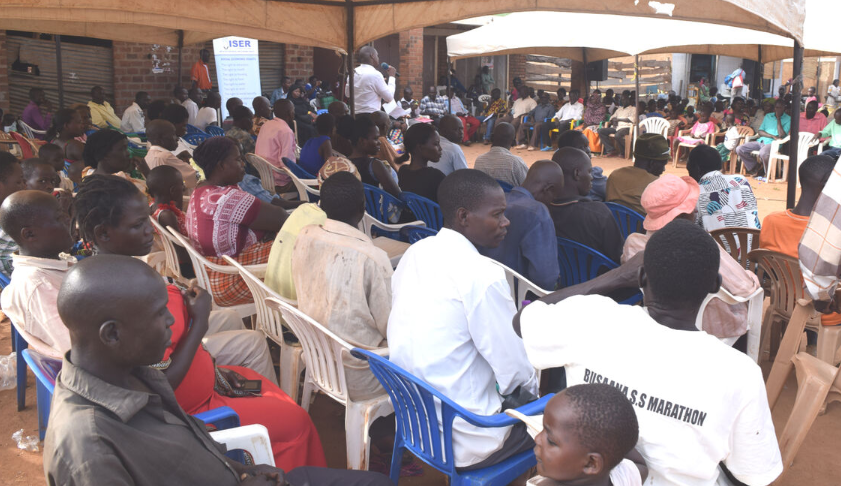
This Isn’t an Anti-Nuclear Rant. It’s a Call for Responsibility.
We’re not here to say nuclear is evil. We’re saying process matters. Justice matters.
If done with care, nuclear can be part of a clean energy mix. But when it’s dropped on communities without dialogue or dignity, it becomes something else: a symbol of elite power, not people power.
We can’t keep repeating the same mistakes: polluting in the name of progress, exploiting in the name of investment, silencing in the name of development.
The Real Power Struggle
Here’s the irony: most of the communities near these proposed projects don’t even have reliable electricity.
Children do homework by candlelight. Mothers cook over firewood. Small clinics store vaccines in iceboxes.
And yet billions are being spent on reactors that might never plug into their local grids (IEA, 2023).
So, we ask again: power for whom?
If nuclear is truly about Africa’s future, then let it start with African people, especially those who stand to lose the most.
Not just as beneficiaries. Not just as spectators.
But as decision-makers.
Because real power doesn’t just light up cities.
It lights up justice.
It illuminates truth.
It sparks agency.
And that’s what our communities deserve, don’t you think?
RELATED:






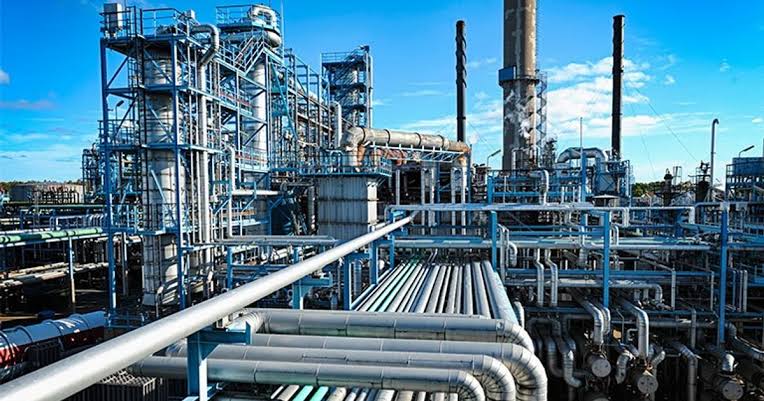
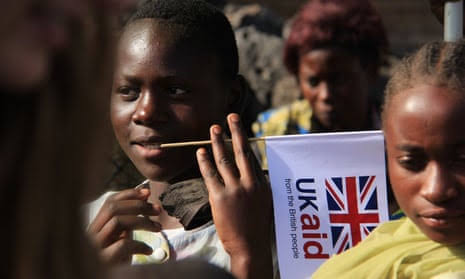

1 Comment
Excellent article, we have to be well informed, to be part of the process because we are the stakeholders, period!